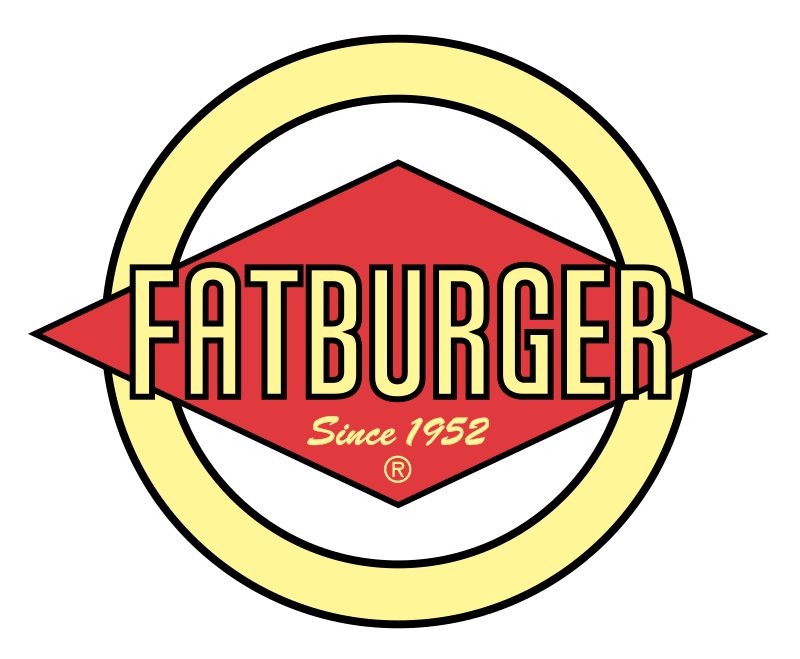When you hear the name Fatburger, you automatically think of its juicy and tasty burgers that are freshly made off the grill. Despite being called as a “fast food” burger chain, Fatburger’s burgers are cooked and made to order. If you come to Fatburger by mistake and find out that you don’t have the patience to wait for such good ol’-fashioned burgers, then you’d rather be eating at somewhere else.
Fatburger’s slogan, “The Last Great Hamburger Stand,” refers to its humble roots that go way back to its establishment in 1947. Two African-American founders Lovie Yancey and Charles Simpson opened their first burger shack named Mr. Fatburger in Los Angeles, California. The burger stand, constructed by Simpson himself, was quite rudimentary — it was built with leftover materials and featured only three stools for dining.
But their small burger stand became so successful that the couple opened three more stores — all within the Los Angeles area. When Yancey and Simpson separated, they divided the business. Yancey dropped the “Mr.” from the name, and the name “Fatburger” was born. At that time, she also sought expansion beyond Los Angeles.
In 1973, Yancey opened its first Beverly Hills branch. By the 1980s, franchising led the burger chain to expand even greater — by 1985, Fatburger boasted 32 units (with four of them being company-owned). Fatburger proudly distinguished itself from immediate competitors like McDonald’s, Wendy’s and Burger King, even landing a prestigious spot on Entrepreneur magazine’s own list of the fastest-growing burger chains in America.
Yancey once said, “I don’t worry about McDonald’s, Burger King or Wendy’s. They may be more popular, but a good hamburger sells itself, and I don’t think anybody makes as good a hamburger as we do.”
The late 1990s saw Fatburger setting its ambitions to reach outside the California market by an even more aggressive expansion. In the early 1990s, it saw its first two restaurants in Las Vegas. And it grew from there.
Many celebrities like NBA legend Magic Johnson have bought their own Fatburger franchise stores. Johnson used to own the original restaurant in Los Angeles, while talk show host Montel Williams owned a number of Fatburger chains in Colorado.
On August 15, 2003, Oregon-based Fog Cutter Capital Group Inc. invested $7 million on the burger chain and pledged other financing needed to build Fatburger’s future infrastructure and expansion plans.
Around 2008, Fatburger opened its first international branch in Dubai, United Arab Emirates. The first UAE branch proved to be so successful that Fatburger eventually opened seven more locations there.
Today, there are over 150 Fatburger stores, either through direct ownership or franchise, across the United States and many parts of North America, Europe and Asia. The hamburger chain reportedly plans to open 300 more stores in the future.
Instead of catchy names, loyal customers order their favorite Fatburgers by size. Sizes of the burgers range from the classic 2.5 oz. single patty of the small burger, to the immense 24 oz. triple patty of the XXXL burger. Apart from the classic burgers, Fatburger also offers the Skinny Burger, the Turkey Burger, the Veggie Burger, chicken sandwiches, French fries, onion rings and milkshakes made from hand-scooped ice creams. Everything is made from scratch — there are no shortcuts in the preparation of their food — that’s why Fatburger never fails to wow it patrons with the freshly-made goodness of their food. In its over 60 years of existence, it seems that Fatburger sticks true to its original burger recipes, and perhaps that’s the secret of its success.
Despite the global expansion, Fatburger has never lost its near-cult status in California, with hip-hop royalties such as Tupac Shakur and Ice Cube making references to Fatburger in their songs. So it’s pretty safe to say that Fatburger is not just about food; it has also become a part of the California culture.
